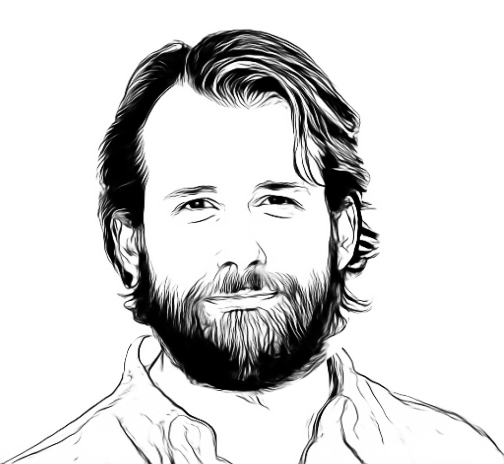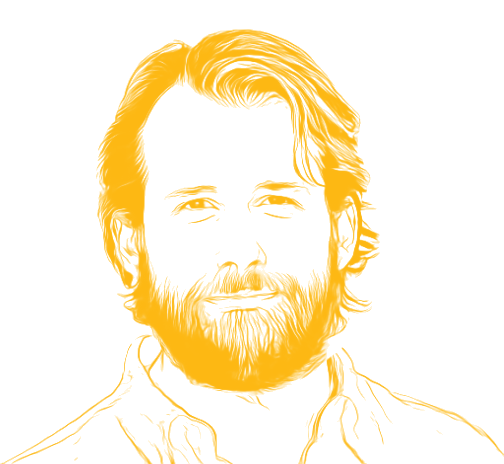User disengagement: the future of hospitality technology


Synopsis
The future of hospitality technology lies in user disengagement, a philosophy that prioritizes unobtrusive, background technology to enhance human-to-human interaction. While it may seem counterintuitive for a technology company to advocate for less use of their products, the hospitality industry thrives on unique experiences that take people away from the expected. The key is creating technology that works silently in the background, freeing hotel staff from screens and keyboards and allowing guests to focus on enjoying their stay rather than engaging with administrative tasks.
Less is more. It’s a phrase we’re all familiar with, but one that most of us probably don’t abide by – as anyone who’s ever listened to me speak can attest to... Nevertheless, it’s a powerful concept, perhaps because it can be surprisingly difficult to attain.
So, how can we apply this principle to hospitality in a way that will benefit not only guests but hoteliers too? Simple: through user disengagement. User disengagement is the philosophy and practice of freeing people from technology or processes that don’t add value to their experience.
We started talking about it at Mews when we were trying to explain why hospitality was an industry where technology should be “silent” - ubiquitous, encompassing, and yet unobtrusive. And used to foster the thing we think is central to hospitality – human to human interaction.
You might think it’s a little counterintuitive for someone at a technology company to say we want people to use our technology less. It goes against the prevalent mindset propagated by social media, gaming and other tech, whose primary motivation is more. More views, more engagement, more hours logged.
But hospitality is different. Our industry provides unique experiences that should take people away from the expected. We’ve used words like seamless and frictionless for a long time, but this is going one step further with the goal of making the technology invisible. However, in hospitality, the application is obvious. For hotel staff, it means less time using key software like their CRS, PMS or RMS. It means not looking into a screen
or a keyboard when a guest is standing in front of you. It means not spending your time locked up in an office, when your job is to help book and manage groups and corporations. The technology recedes to its rightful place: in the background, as a silent and reliable partner.
Disengagement also applies to hotel guests. No one books a stay at a hotel because they enjoy the various administrative tasks throughout their trip, or even the idea of having to “engage” with a phone in order to order something. The less time they spend interacting with a process, hardware or any other technology, the more time they’ll have to enjoy their stay and to create those memorable experiences that truly create human value.
We believe that a modern hotel brand should embrace technology that works silently in the background, so that the human work of human engagement can be maximised. This is even more obvious in the age of AI. Why look through fields on a guest profile when ChatGPT can give you a script for the interaction? Why not let it answer and submit your RFPs and confirm reservations?
There are big gains to be had for your bottom line as well as for the guest experience. Why stare at a report on a screen when a Large Language Model will tell you which modifications need to be looked at in order to hit the monthly budget? Why worry about what rate your competitor is selling at when a machine learning-enabled pricing engine can process a thousand signals to deliver and distribute the best price to the right customer profile?
A few years ago, much of this felt farfetched – or at the very least, still in an embryonic stage. But technology moves quickly – it’s up to us as an industry to move at the same speed.
There’s a great quote from Le Petit Prince: ‘What is essential is invisible to the eye.’ Obviously, smart and powerful hotel tech is essential to streamlining operations and maximizing revenue. But again, we come back to the idea of invisibility; the principle that what technology provides is not the end, but the means. In our case, the means to delivering remarkable guest experiences. That's why user disengagement is the future of hospitality technology.